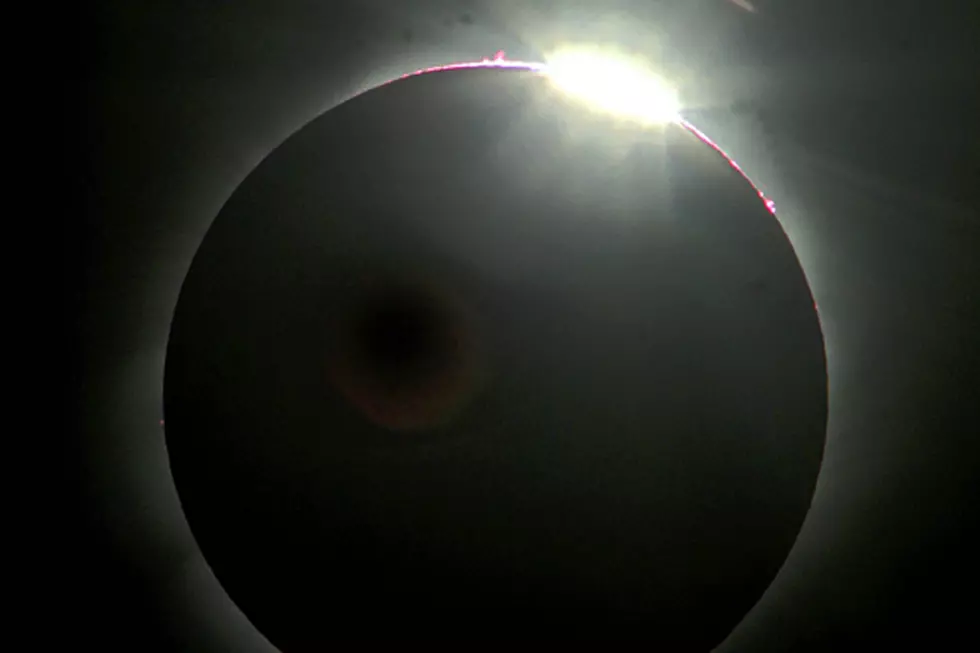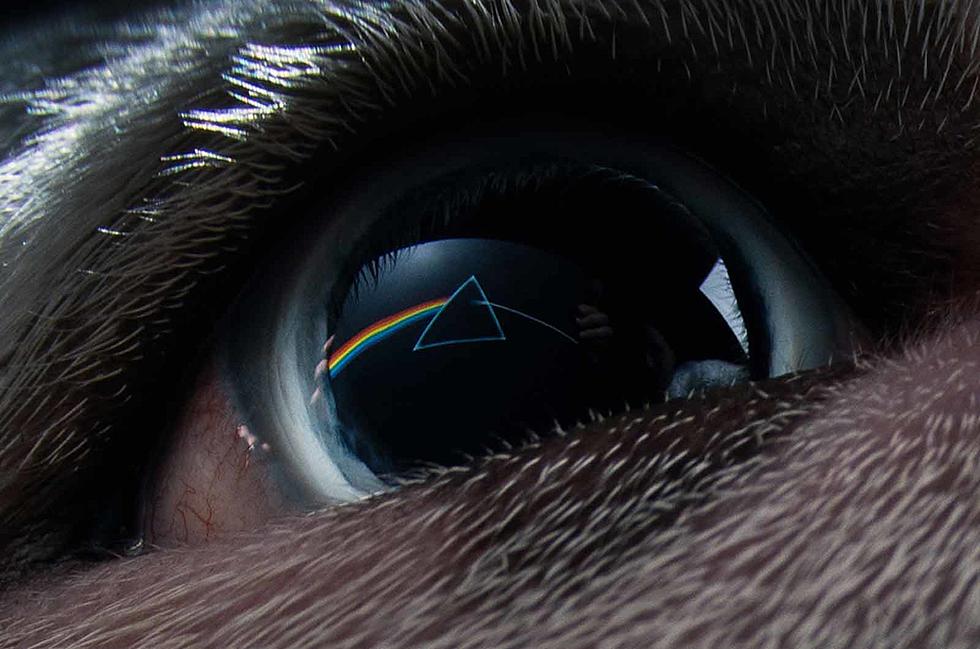
How Pink Floyd Set the Psych-Rock Standard With Their Debut
One of the most incredible debut albums was released by one of the most incredible bands in the history of rock 'n' roll was issued on Aug. 5, 1967. The band? Pink Floyd. The album? The Piper at the Gates of Dawn, a psychedelic masterpiece.
Syd Barrett, the troubled genius behind the bulk of the songs on this milestone release, saw the world a bit differently than most. His music, lyrics and artwork, reflected that. His story is one of tragic legend, but the music he left us continues to amaze.
From the stunning lift off of "Astronomy Domine" through the startling insanity of the final strains of "Bike," this is a ride like no other before it, and only imitated since. The collection was ecorded in the same studios, and at the same time, (early 1967), as the Beatles were putting final touches on a little slab called Sgt. Pepper's Lonely Hearts Club Band (oh if those Abbey Road studio walls could talk)! The Piper at the Gates of Dawn was produced by EMI engineer Norman Smith.
Though often puzzled by the band's approach, he was able to help shape the unique sound of the album. The interplay between Rick Wright and Barrett is stunning, while Roger Waters and Nick Mason put forth their own unique vision as the rhythm section.
The Piper at the Gates of Dawn is made of up the spacey, the whimsical, the pop, the melancholy and the strange, all blended together perfectly in the hands of Barrett, Wright, Mason and Waters. "Lucifer Sam" is a pristine example of what has become known over the years "psych pop." Syd Barrett wrote the book on that genre with songs like "Arnold Layne," (Pink Floyd's first single) and the ever-so-stellar "See Emily Play," still one of the greatest singles ever made.
Listen to Pink Floyd Perform 'Interstellar Overdrive'
Elsewhere, experimentation and mayhem are brewing with the free form "Interstellar Overdrive," a staple of the band's early club days where the intensity of the loud music and the light show would create a sensory overload. We must remember that the Pink Floyd had no real parallel on these shores. The Grateful Dead were off on their own trip, so to speak, as were the Velvet Underground and the 13th Floor Elevators, the only other stateside experimentalists approaching the Floyd's terrain.
"Flaming" and "Matilda Mother" radiate pure lysergic beauty, while the almost nursery rhyme elements of songs like "The Scarecrow" and "The Gnome" are as playful as can be. The childlike innocence of "Bike" becomes a psychotic refrain of laughter that turns out the light on the stellar little ditty.
The Piper at the Gates of Dawn was, and remains, a landmark of British psychedelia. It made the Top 10 in the UK, but failed to even graze Billboard Top 100. Obviously, the Floyd would later make up for any slow start stateside, becoming huge superstars in the following decade. That would run parallel to the ascension of Roger Waters, though he only contributes one song here – the disjointedly wonderful "Take Up Thy Stethoscope and Walk."
The U.S. release, on Capitol subsidiary Tower Records, was delayed until October of '67. As was customary back then, the label did a hatchet job on the track listing, adding "See Emily Play," but removing "Astronomy Domine" and "Bike." (What were they thinking?!) In the compact disc age, of course, all were restored, reissued and remastered time and again. There is no shortage of The Piper at the Gates of Dawn and related Syd Barrett material on the market. An expanded 40th anniversary edition, released in 2007, didn't include the as-yet-unreleased Syd Barrett tracks "Scream Thy Last Scream" and "Vegetable Man." Though not part of these sessions, they remain the final Barrett puzzle pieces never issued.
Nevertheless, Pink Floyd's The Piper at the Gates of Dawn remains one of a kind.
Top 50 Progressive Rock Albums
Why Pink Floyd’s David Gilmour and Roger Waters Are Still Fighting
More From Ultimate Classic Rock









